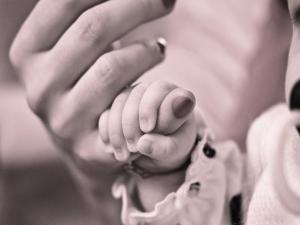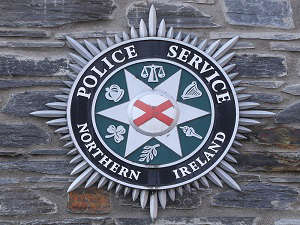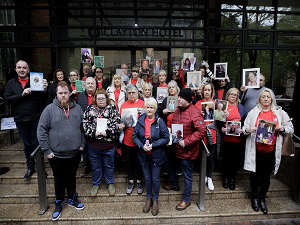
By Hannah Spratt
The Court of Appeal in Belfast is due to rule today on whether Northern Ireland’s abortion laws are in breach of the human rights of women and girls.
In a pair of related judgments on 30 November 2015 and 16 December 2015, the High Court ruled that the existing abortion law in Northern Ireland breached women’s right to private and family life (Article 8 of the European Convention on Human Rights [ECHR]) by not allowing abortion in cases of fatal foetal abnormality (“FFA”) and rape or incest (“sexual crime”).
Both the Attorney General and the Department of Justice appealed the judgment of the High Court.
In advance of the ruling, Grainne Teggart, Campaign Manager for Amnesty International, said:
“In the absence of legislation from Stormont or Westminster, the courts have an opportunity to help bring Northern Ireland’s archaic abortion laws into the 21st Century.”
Who are the parties in the Appeal?
The Northern Ireland Human Rights Commission, the Department of Justice and the Attorney General. Although not parties to the appeal, additional written submissions to the court have been made by Amnesty International, Sarah Ewart, the Society for the Protection of the Unborn Child, the Northern Bishops, Precious Life and Alliance for Choice.
The November 2015 High Court Ruling
The Commission won the case at the High Court. It held that Article 8 of the European Convention on Human Rights, the right to family and private life, was breached by the general prohibition of abortions in cases of fatal foetal abnormalities and pregnancies as a consequence of sexual crimes. The High Court did not uphold the Commission’s arguments that Article 3 (freedom from inhuman and degrading treatment) and Article 14 (freedom from discrimination) were breached with regard to accessing terminations in cases of serious malformation of the foetus. The right of the Commission to take the case in its own name was endorsed. The Judgment in this case can be found here.
Why did the Commission take the case in its own name?
Given the significance of the case and the sensitive issues involved, the Northern Ireland Human Rights Commission took the case in its own name. This decision was made to protect women or girls from having to take the case on their own.
Termination of Pregnancy in N.I
Termination of pregnancy is currently available in Northern Ireland if it is necessary to preserve the life of a woman; including where there is a risk of a serious and adverse effect on her physical or mental health which is either long term or permanent. The doctor must be of the opinion that the continuation of the pregnancy will be to make the woman a “physical or mental wreck” (R v. Bourne [1939] KB 687, per Macnaghten J at 694). It is unlawful to perform a termination of pregnancy, under section 58 of the Offences against the Person Act 1861, unless on these grounds. The punishment is life imprisonment for anyone who unlawfully performs a termination.
1967 Abortion Act
The Commission is not seeking to introduce the Abortion Act 1967 in Northern Ireland and does not engage this law in this legal challenge. The Commission is seeking a change in the law so that women and girls in Northern Ireland have the choice of accessing a termination of pregnancy in circumstances of serious malformation of the foetus, including fatal foetal abnormality, rape or incest.


 Teenage girl killed in road crash named as Kamile Vaicikonyte
Teenage girl killed in road crash named as Kamile Vaicikonyte
 Covid-19 inquiry ‘an opportunity for candour’ from Stormont leaders
Covid-19 inquiry ‘an opportunity for candour’ from Stormont leaders
 UK and Irish ministers to meet amid row over migration
UK and Irish ministers to meet amid row over migration
 Three men set to go on trial for murder of journalist Lyra McKee
Three men set to go on trial for murder of journalist Lyra McKee
 Swann refuses to rule out resigning if budget is not changed
Swann refuses to rule out resigning if budget is not changed